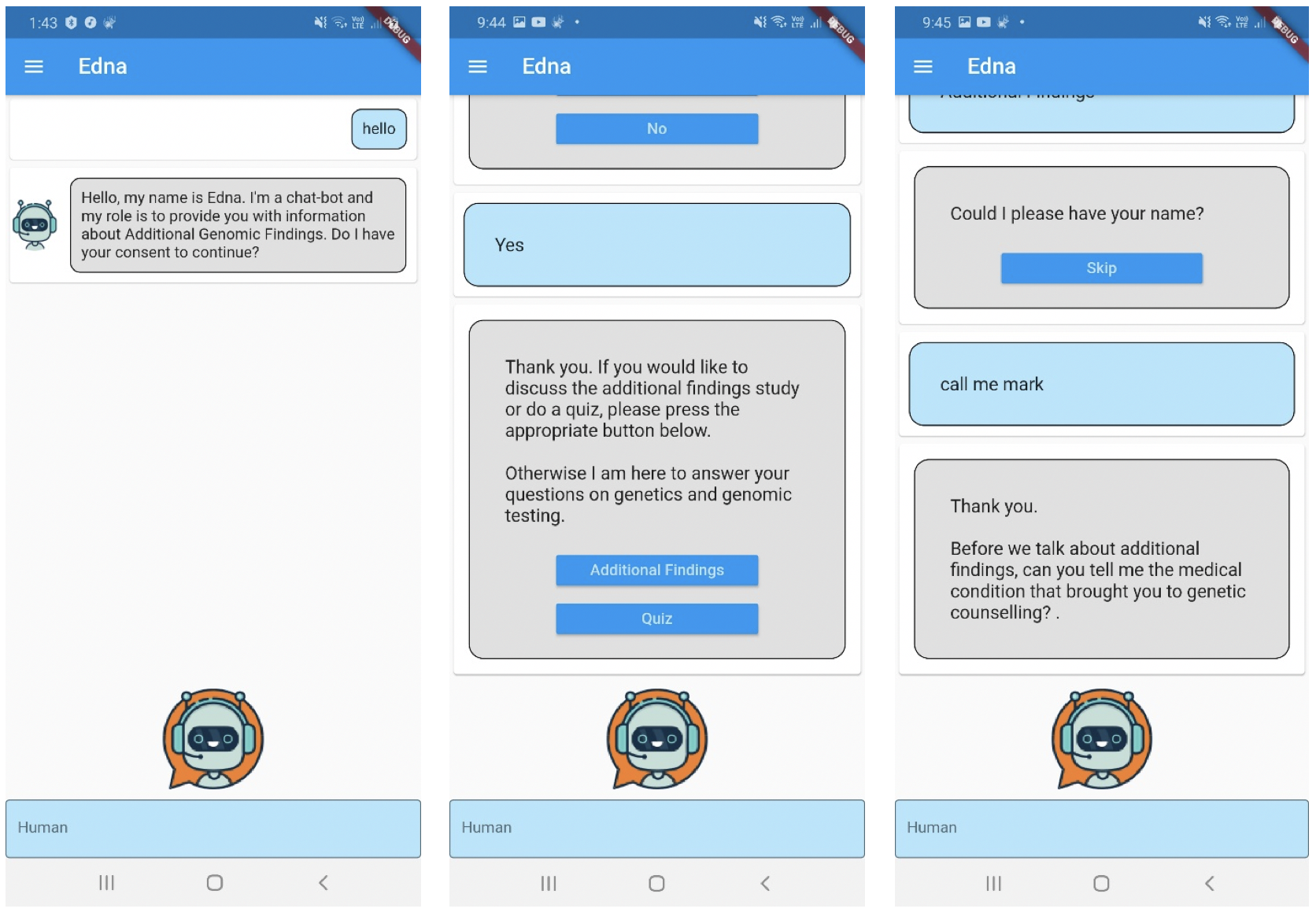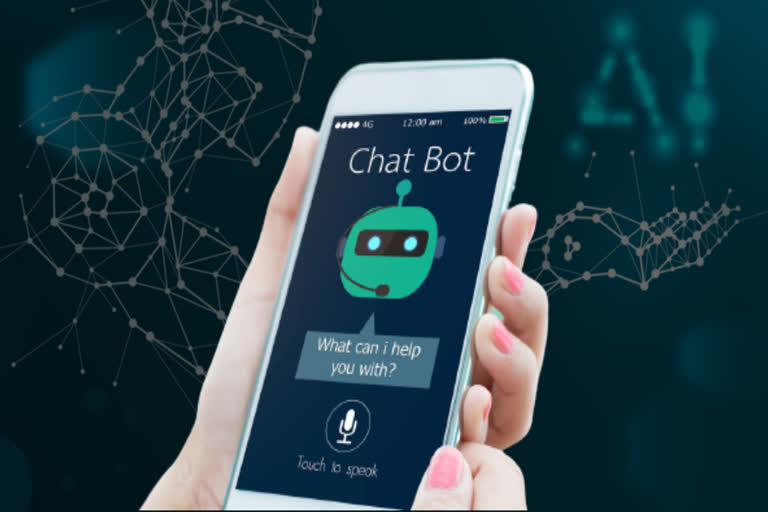CSIRO, Australia: Dubbed 'Edna' (which stands for electronic DNA), the chatbot is the first of its kind globally developed specifically to support genetic counselling for adults being tested to ascertain the future risk of preventable or treatable conditions (known as 'additional findings').
These conditions include treatable genetic disorders such as hereditary breast cancer or cardiomyopathy.
Derived from real-world patient interactions, Edna is designed to answer the most generic and simple questions asked by patients, which then creates more time for genetic counsellors to focus their highly specialised skills on deeper and more specific issues relevant to patients.
- Edna is a downloadable smartphone app which can collect a patient’s family history and analyse human responses for signals that interaction with a genetic counsellor may be needed.
- Edna's development was part of a larger proof-of-concept study led by Melbourne Genomics to better understand the implications of offering additional findings testing to patients in Victoria.

CSIRO researcher Dr. Dana Bradford, who led the development of Edna, said chatbots simulate human conversation through artificial intelligence.
"For chatbots to accurately recognise content in human speech – and provide a meaningful response – they need a large body of data to draw on, called a chatbot 'brain'," Dr Bradford said.
"We developed Edna's brain by systematically analysing transcripts of actual genetic counselling sessions for additional findings.
Edna is currently undergoing a feasibility trial with patients, genetic counsellors and genetics students, and is slated to undergo a larger-scale patient trial in the near future.
Also Read: COVID-19: CALD Assist App for non-English speaking communities



